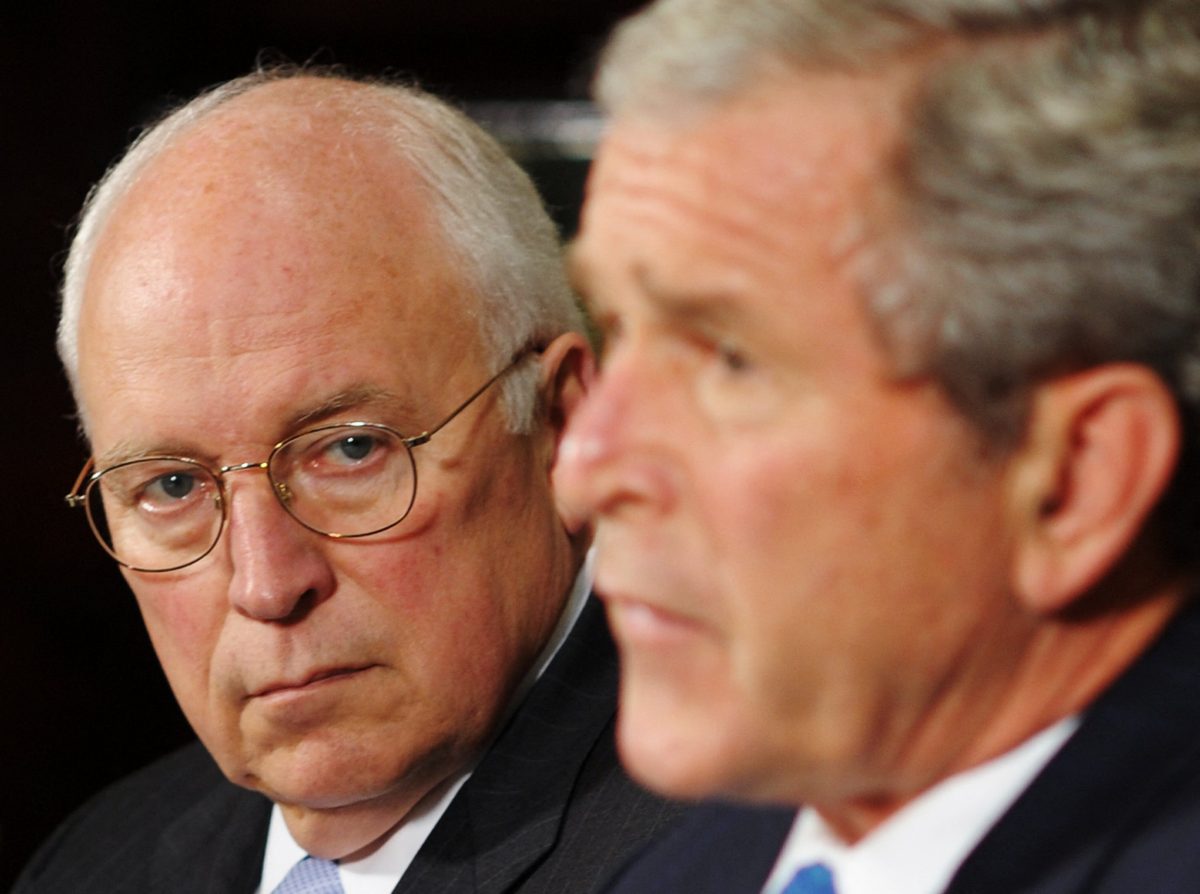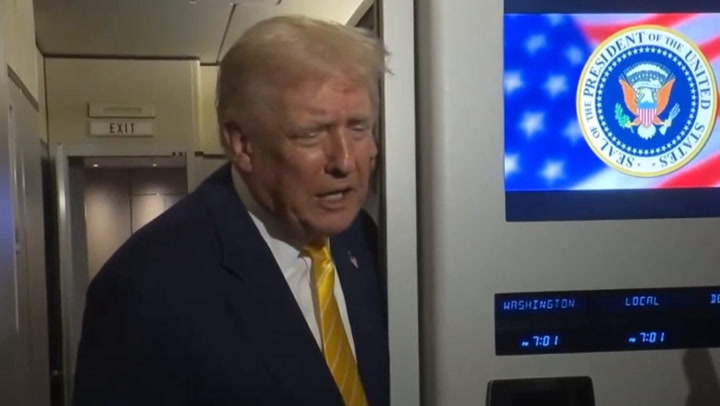The political landscape in the United States has witnessed significant shifts over the past two decades, with figures like Dick Cheney becoming emblematic of both contentious foreign policies and internal party divisions. Cheney, who served as vice president under George W. Bush, has often been reviled for his role in the Iraq War and the associated controversies surrounding torture practices. His subsequent emergence as a vocal critic of Donald Trump further complicates his legacy within the Republican Party.
Cheney’s tenure as vice president was marked by a decisive involvement in the Iraq War, which resulted in over 4,500 American military deaths and an estimated 200,000 Iraqi fatalities. The financial toll of the war has been estimated in the trillions of dollars, culminating in the rise of extremist groups like ISIS. Many view Cheney’s endorsement of controversial interrogation techniques, including waterboarding, as a stain on America’s moral standing. In a 2010 interview, Cheney openly stated, “I signed off on it… I was and remain a strong proponent of our enhanced interrogation programme,” reflecting his unwavering stance on these policies.
Feud with Trump: A Clash of Ideologies
The ideological rift between Cheney and Trump can be traced back to the 2015 Republican primaries. Trump accused the Bush administration of causing chaos in the Middle East, labeling the Iraq War as “a big, fat mistake.” In response, Cheney criticized Trump for lacking understanding of the facts, yet ultimately endorsed him. This endorsement underscored the complex dynamics within the Republican Party, where traditional conservatism has been challenged by Trump’s populist nationalism.
Trump’s “America First” approach rejected many tenets of the Republican establishment that Cheney epitomized. He questioned military interventions and expressed skepticism towards alliances like NATO. For Trump’s supporters, Cheney represented a bygone era, an embodiment of the failures that they associate with U.S. foreign policy. The term “loser” has been frequently employed in Trump’s discourse, a label that resonates deeply given the human and financial costs of the Iraq conflict.
The day after the September 11, 2001 attacks, Cheney played a critical role in managing the U.S. government’s response from a secure bunker beneath the White House. When notified of a threatening aircraft approaching Washington, he instructed military aides to take decisive action, demonstrating his willingness to make grave decisions under pressure. This incident further solidified his reputation as a decisive figure in American politics.
Cheney’s Stand Against Trumpism
The turning point in Cheney’s opposition to Trump came following the 2020 presidential election. Trump’s refusal to concede and his attempts to undermine the electoral process alarmed Cheney, prompting him to advocate for the rule of law. He co-signed a letter with all ten living former U.S. Secretaries of Defense, warning against the potential use of military force to overturn the election results. The letter, published on January 3, 2021, urged Trump to accept his defeat and respect the democratic process.
The culmination of this political clash occurred on January 6, 2021, when a mob of Trump supporters stormed the Capitol in an effort to halt the certification of the election results. Cheney’s daughter, Liz Cheney, who was serving as the third-ranking Republican in the House of Representatives, publicly condemned Trump for inciting the violence. She described the events as “the greatest betrayal by a president of the United States” and later voted to impeach him.
In the aftermath of the insurrection, both Dick and Liz Cheney found themselves increasingly isolated within their own party. On the first anniversary of the Capitol attack, they attended a bipartisan memorial ceremony, highlighting the stark divide between their stance and that of many other Republicans. Liz Cheney has faced censure and backlash from her colleagues, yet her father has publicly expressed pride in her actions, stating that she is committed to ensuring Trump never returns to the Oval Office.
The evolving narrative surrounding Cheney illustrates a complex interplay of loyalty, ideology, and the shifting sands of political allegiance within the Republican Party. As Trump positions himself for a potential run in 2024, the question remains whether the party will continue to align with his vision or revisit the principles that figures like Cheney once championed. The ongoing feud between these two influential figures symbolizes a broader struggle for the soul of the GOP, impacting not only party dynamics but also the future of American politics as a whole.







